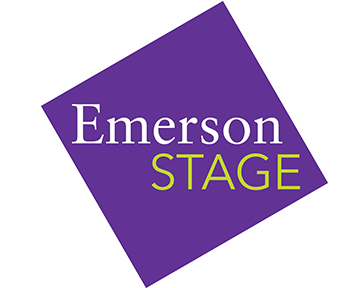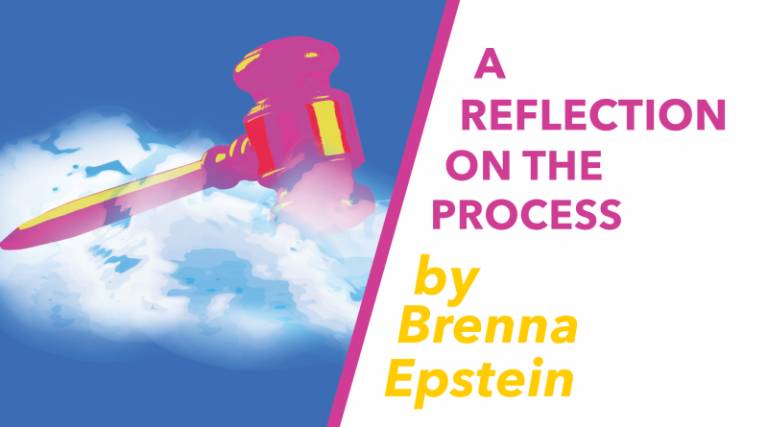A Stage Manager’s Audition Process
NewFest auditions are upon us! Auditions for NewFest 2012: Rough & Tumble began last Friday and continued through the weekend. From the perspective of a stage manager, auditions are a period of surprising fun and unsurprising anxiety. It is our job to keep things running smoothly and efficiently so that everyone can have their chance with the director. Our process starts long before the weekend of auditions and continues long after auditions have finished.
Specifically, the Rough & Tumble stage management team gathered together last Tuesday to chat about our duties during auditions and to print the necessary paperwork . This includes audition forms, publicity forms and any notices that should be posted around the check-in table. I edited the auditions forms to allow more room for noting scheduling conflicts and to include a special line detailing the NewFest Readings, for which auditioning actors will also be considered. The NewFest Readings take place the week following Rough & Tumble, on March 26 and 27.
The real fun of auditions begins once the actors arrive. It’s always fun to see so many people and have fun little conversations with them while they wait. The process for stage management includes handing out forms, taking the actors’ photos and introducing them to the director before their audition.
The anxious part of auditions begins right after the last audition when stage management sits down with the director to determine who will be called back for the next round of auditions. We then have to figure out what sides of the script these people will read. After we are done discussing these elements with the director, we scramble back to the production office to personally phone the actors who are being called back and make copies of the sides. If there are a lot of people being called back, this process can take almost two hours. It is definitely the hardest part, but it is lovely to hear everyone’s excitement when they hear they have gotten a callback.
Callbacks proceed similarly to auditions except that actors usually go in pairs or groups instead of individually. There is usually a more relaxed atmosphere because the original nervousness of a first audition has passed. It is much easier at the end of callback day because the director gets the opportunity to contemplate his decision until the casting meeting. At that point, stage management compiles the final list and posts the casting. It is then that our job really begins and we prep for the rehearsal process!
*****
Lindsay is a senior BFA Stage/Production Management major at Emerson College. She is the Stage Manager of Rough & Tumble.


